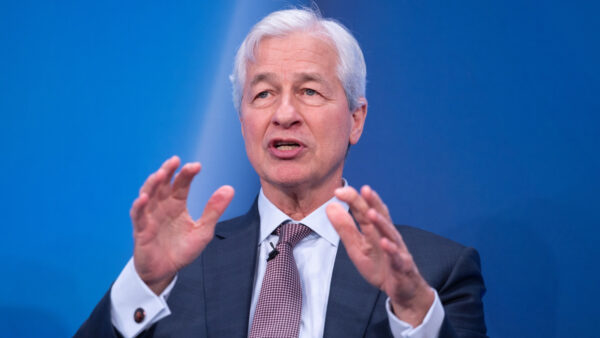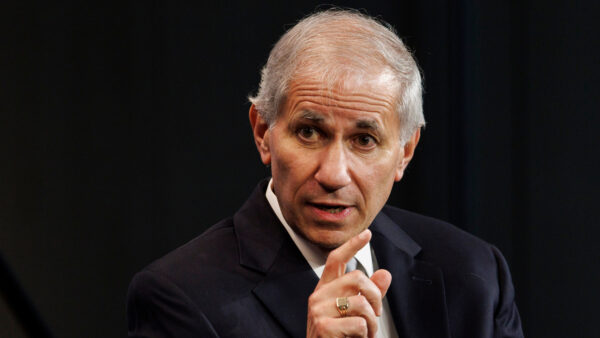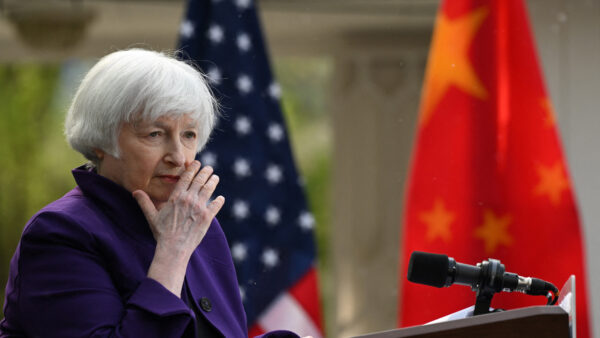
April 17, 2024
One vulnerability still threatens investors 15 years after Madoff
An eye-catching development in Singapore could offer a solution
Highlights

April 16, 2024
Banks signal controversial shift towards trader profiling
Insiders say banks will use new profiling techniques to monitor individuals
Read more

April 16, 2024
Trading wars: settle at the right time (not always real-time)
Be patient in settlement arms race, urges R3 co-founder Todd McDonald
Read more

April 15, 2024
Treasury unveils taskforce to get open finance on the move
The taskforce will breathe life back into regulators’ stalled open banking discussions
Read more
Continue reading

April 15, 2024
Six weak spots in the US financial system, according to Jamie Dimon
JPMorgan CEO outlines key regulatory, risk and compliance challenges
Read more

April 11, 2024
FDIC’s three-step plan to wrap up a failing G-SIB
Regulator slams the Swiss for abandoning international protocols over Credit Suisse rescue
Read more

April 11, 2024
Yellen announces US-China money laundering forum
Cooperation could help counter financial crime threats from the Russia-North Korea axis
Read more

April 10, 2024
Soaring UK fraud propels government action
“I let everyone down,” says one alleged fraud victim
Read more
